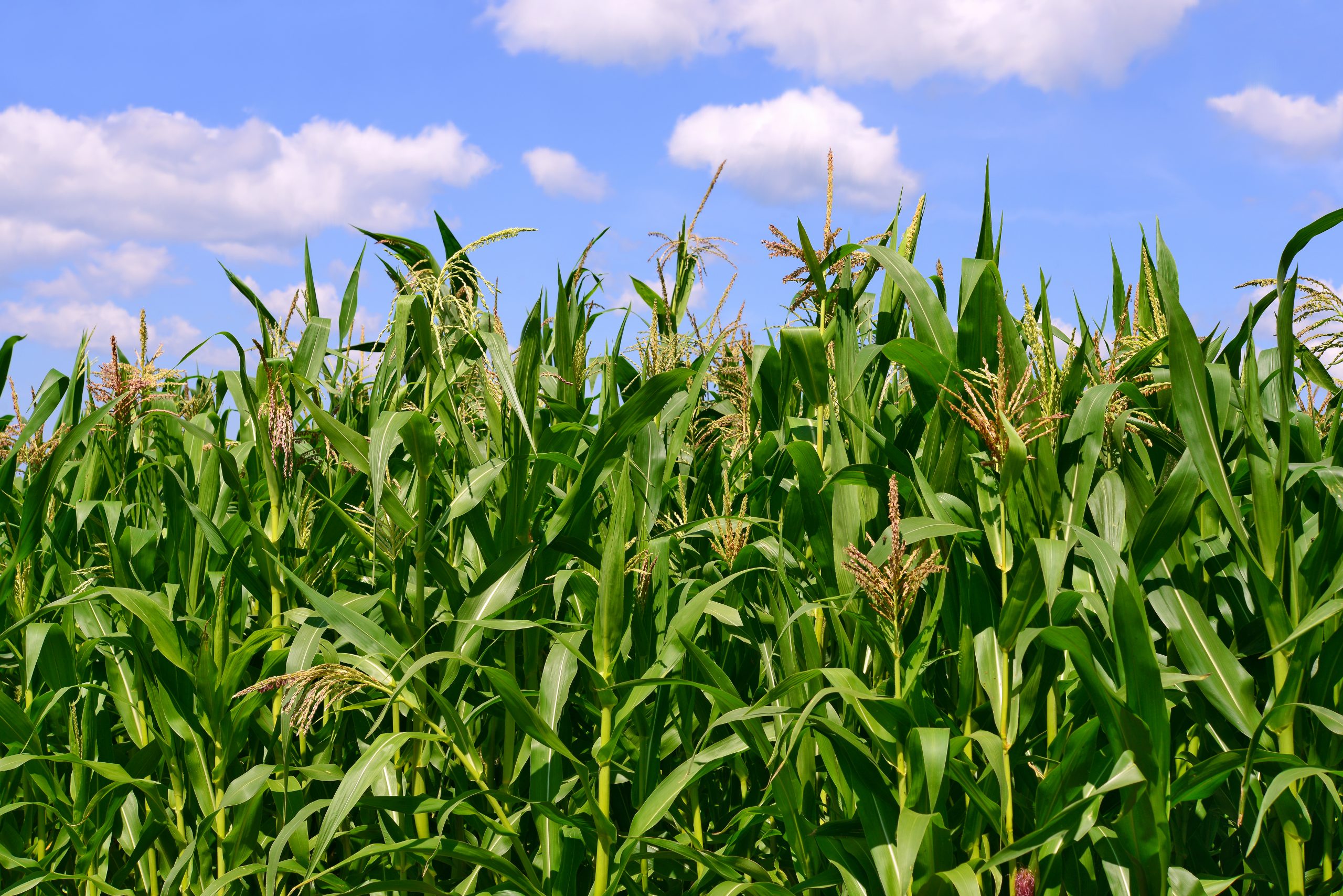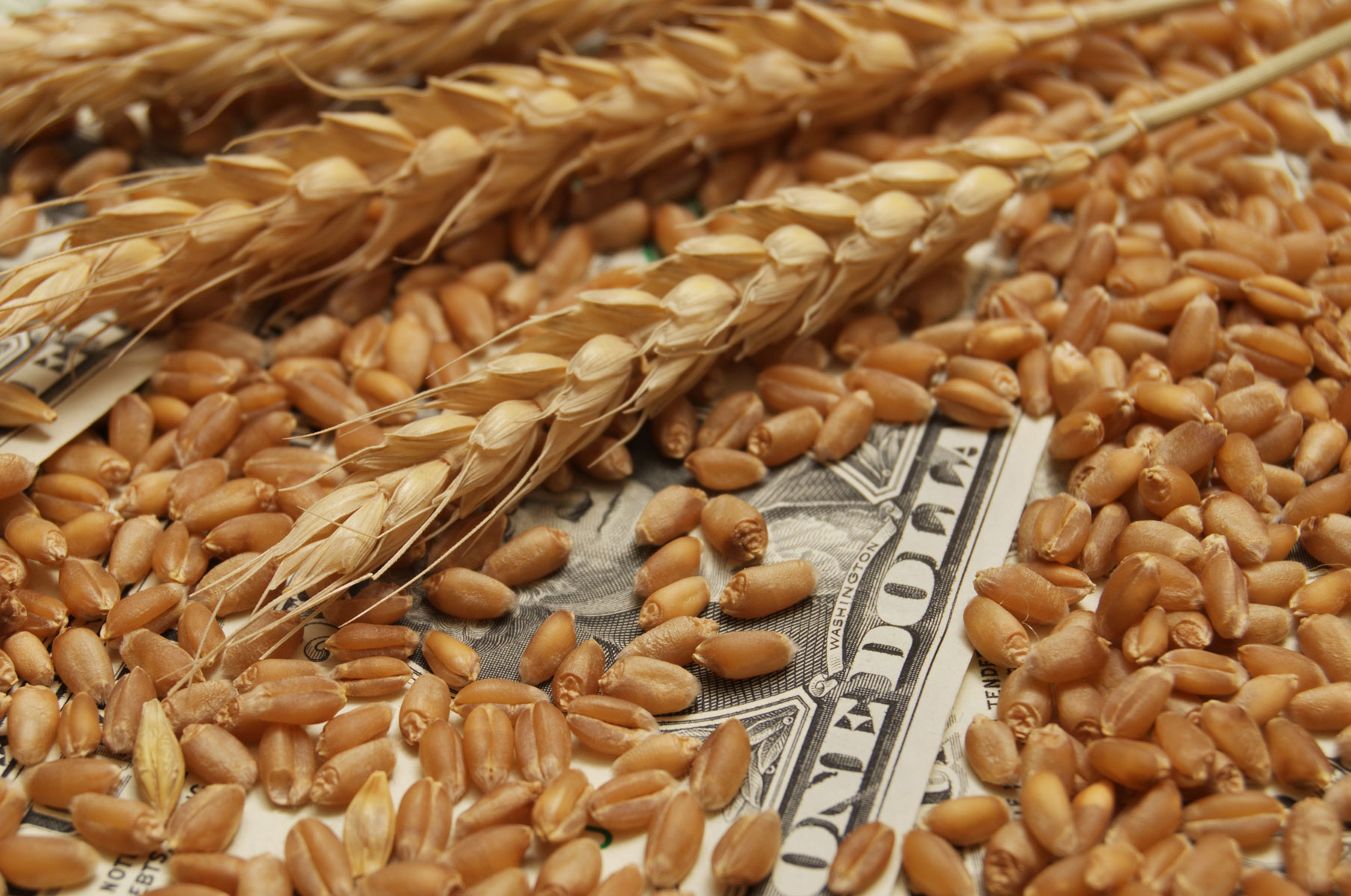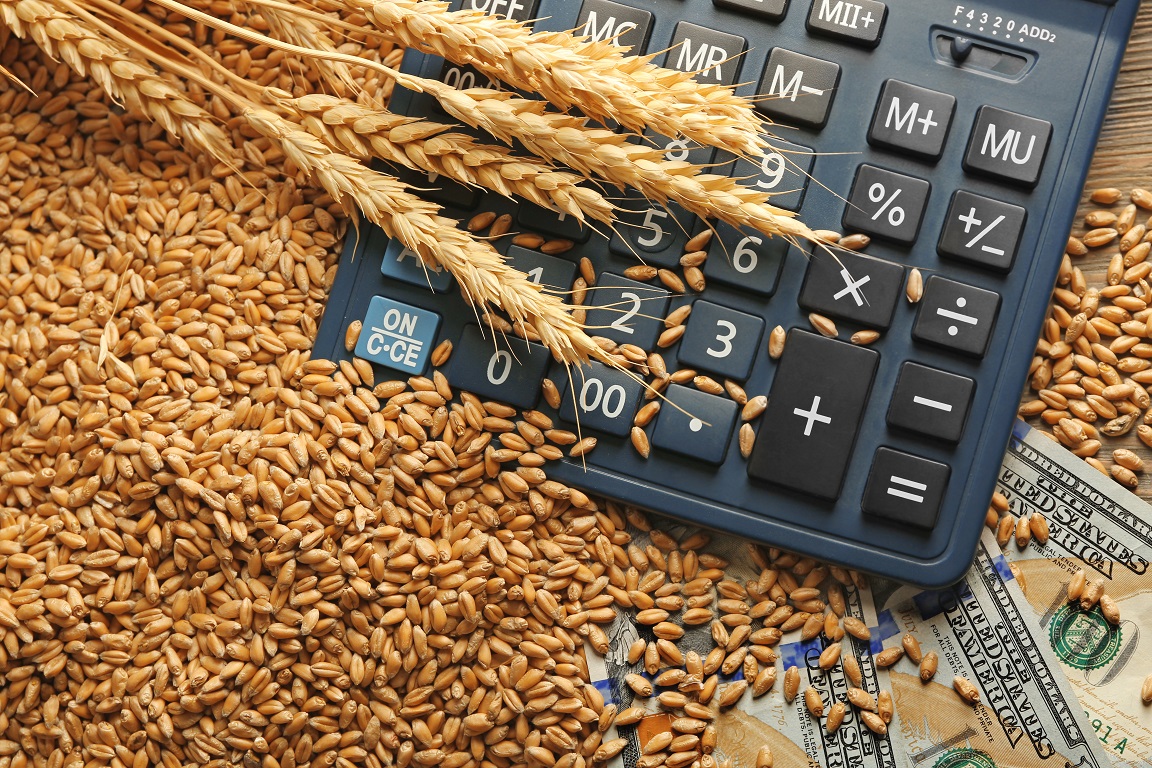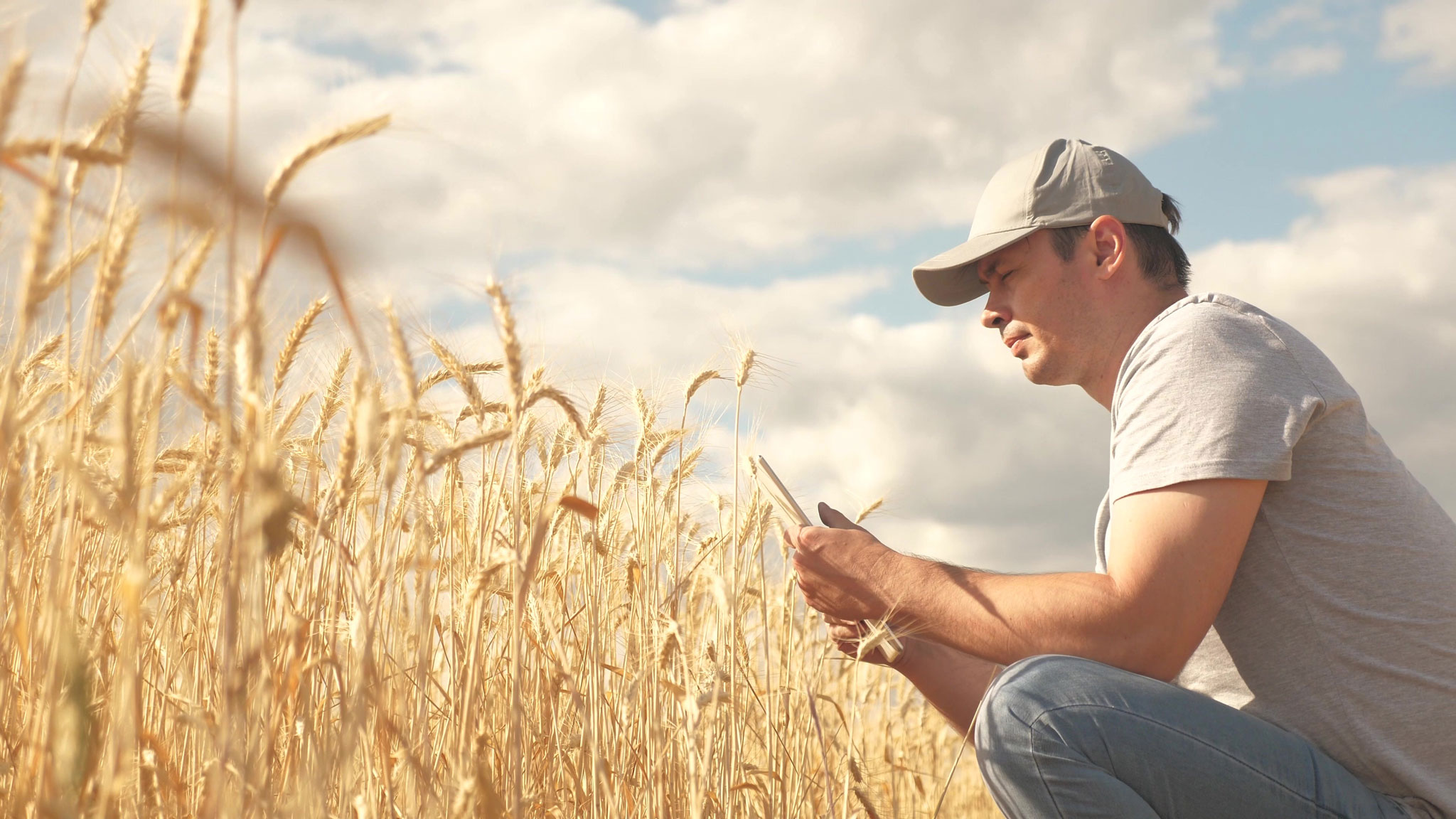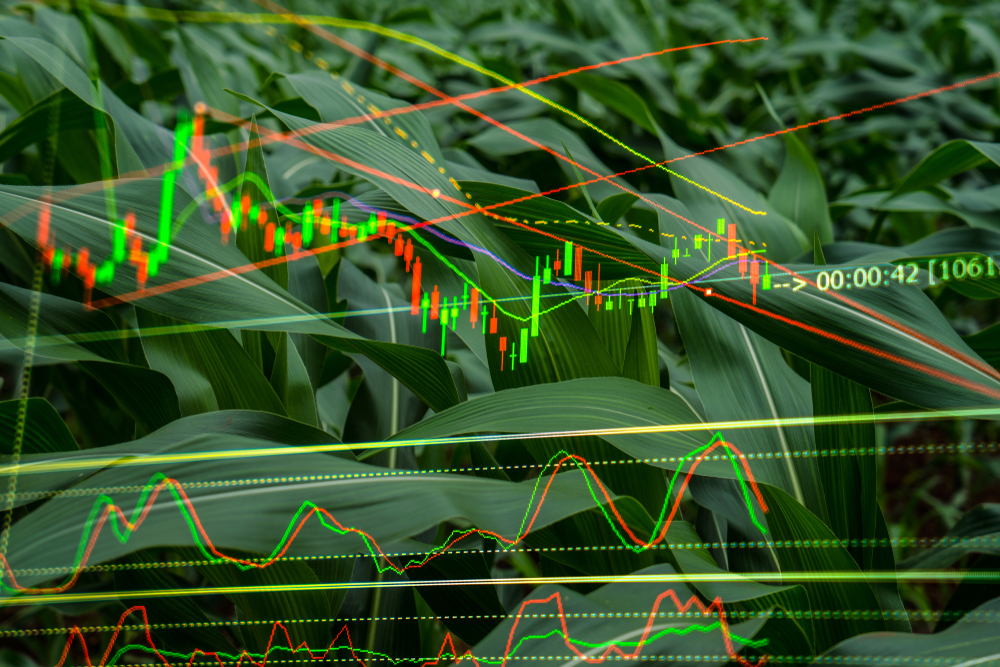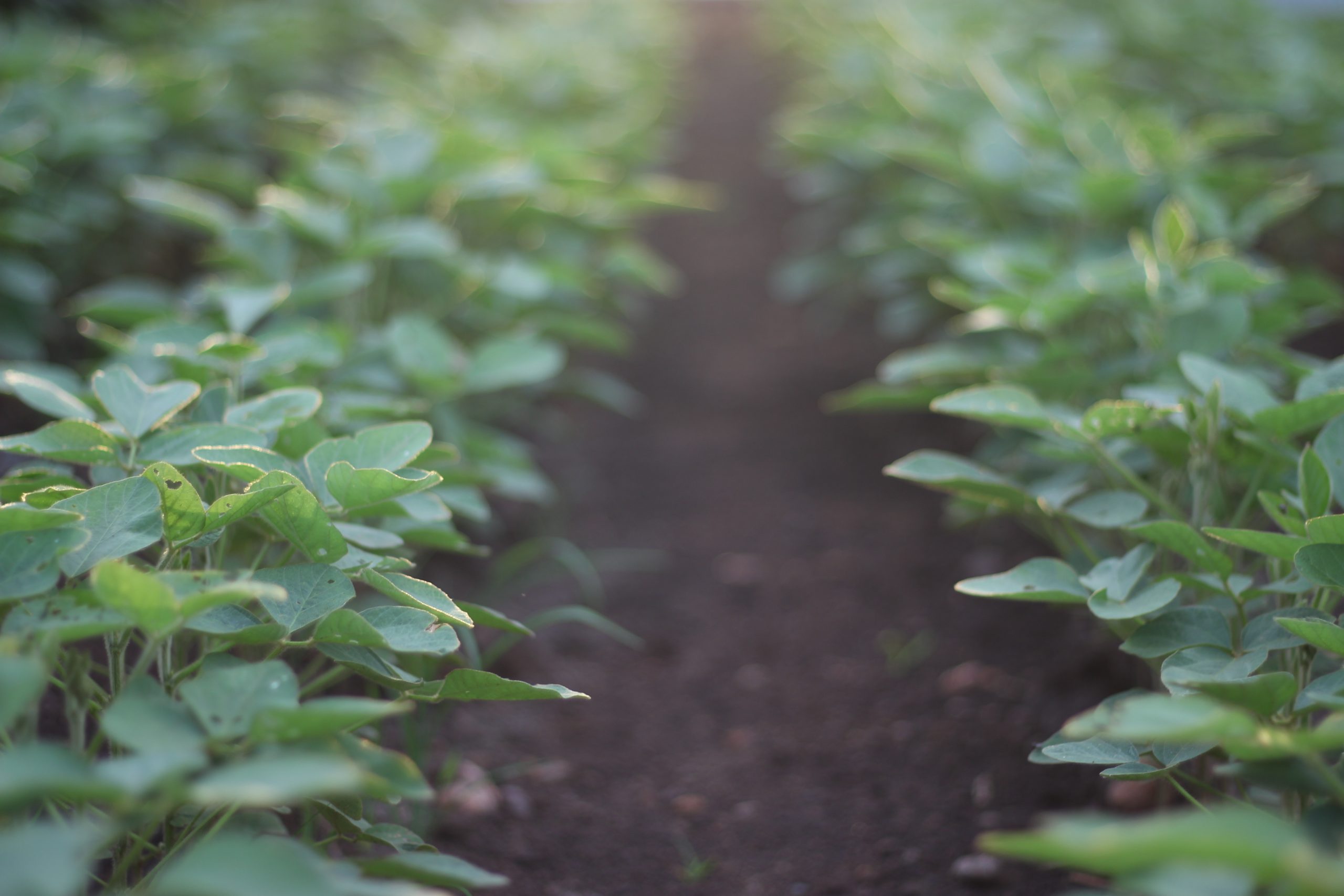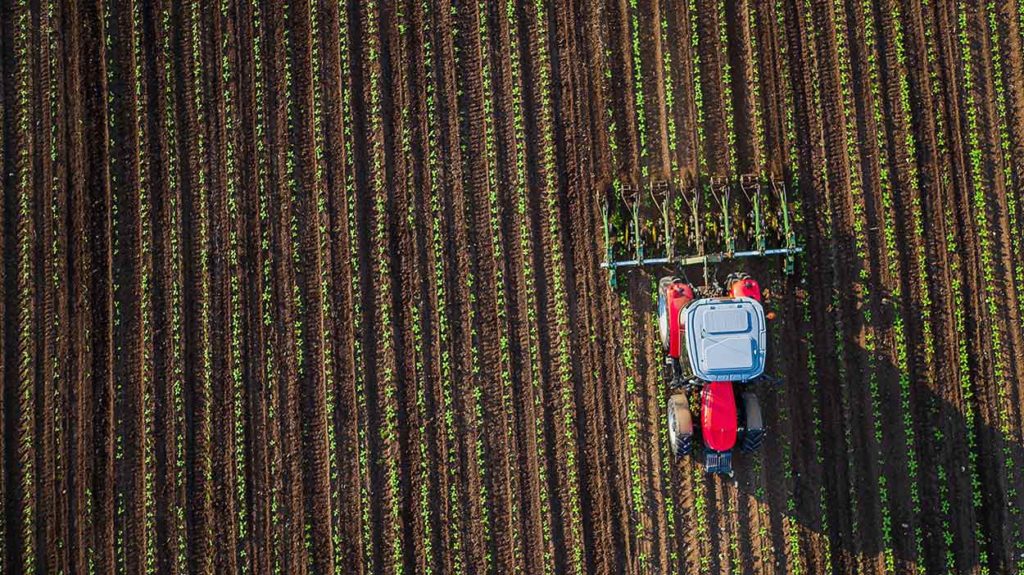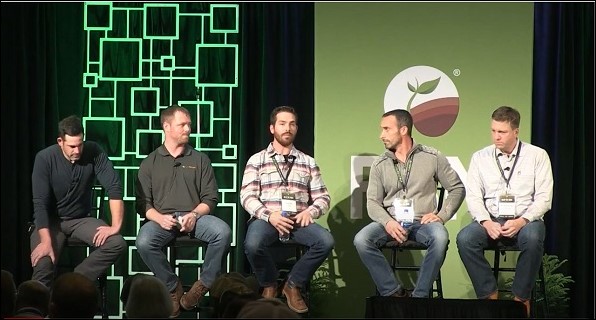- Published On: February 6, 2020
- Author: Steve Sinkula
Becoming an organic farmer is not a simple task. It requires a 36-month period, known as the transition process, where fields are treated as they would be under organic certification, but without being able to reap the organic premiums.
Transitioning can set your organic operation up for success or struggles, which is why AgriSecure has developed the “Organic Transition Playbook.” This FREE guide helps farmers interested in organic production learn about the requirements, steps, and key considerations that must be understood and evaluated prior to starting the transition process.
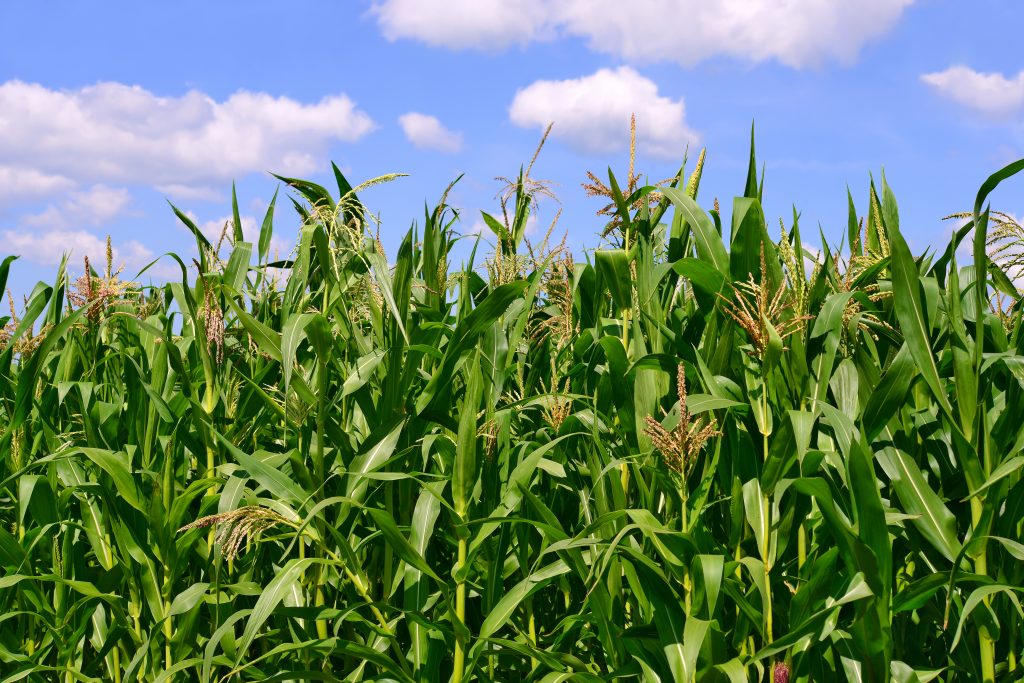
In this free resource, we cover:
- Requirements of transitioning
- Key financial considerations and why economics is the foundation to long-term success
- How to prepare your fields for organic production
- Why planning is key for managing a new cropping system, and how to create a solid plan
Interested in becoming an organic farmer? Download the FREE Organic Transition Playbook to learn how to successfully get the process started.
Related Articles
-
Imports Have an Impact on Organic Crop Prices: Here’s Why
Organic soybean prices are skyrocketing. The Jacobsen reported that prices were up to $32 per bushel in the Midwest in May 2021. What’s behind this impact on organic crop prices? And why aren’t organic corn premiums keeping up? In short: it’s all about supply and demand, especially imports, says David Becker. David is an analyst […]
-
New Options Offer Farm Loans for Organic Transition
If securing farm loans for organic transition feels daunting, we have some good news. It’s not as hard as it used to be. In fact, there’s a number of new options that could provide a solution for you and your operation. Traditional lenders, farmland investors, non-profits, and even big food companies are starting to create […]
-
Organic Farming Loans Support Growers during Transition
Ask a farmer what’s keeping them from transitioning to organic row crops, and you may be surprised to hear a common answer. Finances. It’s often a struggle to find organic farming loans tailored to their needs. Yes, organics offer excellent premiums and can bring long-term profitability. But first you have to get through the 36-month […]
-
Organic Breakevens: What to Know and How to Calculate
If you’re thinking about organics, you’ve probably debated whether it’s going to pay off — literally. Yes, the price premiums are good, but you’ve heard your yields will take a hit. How can you predict profitability? The answer: calculating your organic breakevens. What are an organic breakevens? Simply put, it’s a way to calculate what […]
-
Know Your Numbers to Push Crop Profitability
Yield is often the top priority in farming. The truth, though, is that the highest yields will not necessarily result in the highest ROI. And this is especially the case for organic production. We know good execution results in the best yields, but the best way to maximize your crop profitability is to know your […]
-
6 Ways to Protect Organic Profits in Uncertain Times
Economic uncertainty hits all sectors of the agriculture industry, including organics. The good news? It’s possible to safeguard your organic profits. For a start, it’s even more important for organic farmers to focus on executing their operations really well. The better the execution, the better you can weather the market conditions and remain profitable. Here […]
-
5 Steps for Financing the Transition to Organics
Profits. They’re one of the primary reasons farmers decide to move into organic production. Financing the transition to organics, though, can be one of your biggest hurdles. That’s why the support of a banker or ag lender can be a lifeline for farmers looking to get into organics. The right backing helps you build an […]
-
4 Keys to a Strong Organic Fertilizer Strategy
Questions about an organic fertilizer strategy are common in organic farming. How do I provide enough nutrients? In particular, nitrogen. How do I manage my crop and soil without using synthetic fertilizers? Fertilizer can come from a variety of organic sources, including animal waste, decomposing plants, and nitrogen-fixing crops like soybeans and clover. So it’s […]
-
Consider Organic Farming? Yes.
With so much economic uncertainty caused by the COVID-19 pandemic, you may be wondering: Is now the right time to transition into organic crop production? Is this the right time to increase the number of organic acres you’re already farming? My answer, yes. Current market conditions, falling commodity prices for conventional crops and somewhat lower […]
-
80 Million Millennials Can’t Be Wrong: Farmer Panel
80 million millennials are a part of the driving force behind the rapid growth of organic food demand. So why aren’t more farmers transitioning into a system that sees premiums of 2x over conventional and profitable margins? In a panel that took place at FBN’s Farmer2Farmer V event, AgriSecure co-founder and organic farmer Bryce Irlbeck […]
Get in the know
Our newsletter, it’s a quick read. You’ll get industry news plus all the latest organic insights. Who doesn’t want that?
